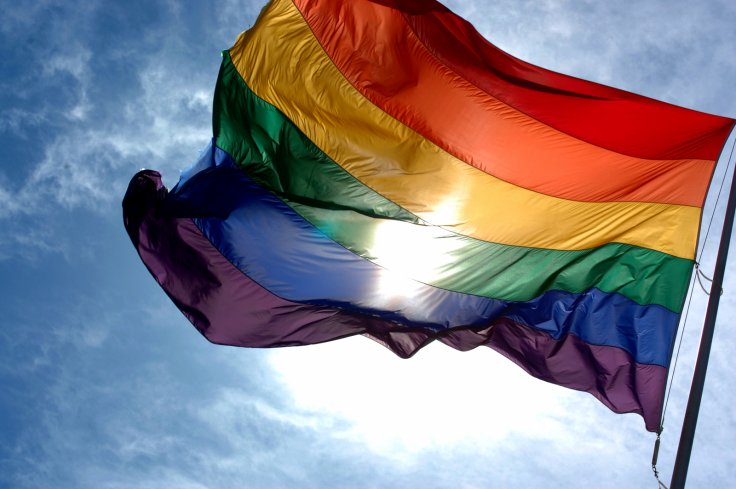About 73 percent of lesbian, gay, bisexual, transgender and queer (LGBTQ) adolescents experience bias-based bullying for reasons beyond their sexual or gender identities, such as being bullied because of their body weight, race/ethnicity and religion, according to a US survey report.
Each type of bullying was positively related to health risk, including depression, sleep problems, stress, and unhealthy weight control behaviors, said the study published in the American Journal of Preventive Medicine.
GSAs Played A Crucial Role
The researchers found that the presence of a Gay Straight Alliance (GSA) at school was associated with less bullying of students for their weight, gender, religion, disability, and sexuality. GSAs are student-run organizations that unite LGBTQ+ and allied youth to build community and organize around issues impacting them in their schools and communities.

"When considering approaches to reduce health risk, we need to better understand the wide range of bias-based bullying experienced by SGM (sexual and gender minority) adolescents," said lead author of the study Leah Lessard, a postdoctoral fellow at the Rudd Center for Food Policy and Obesity at the University of Connecticut in the US.
"Given that multiple forms of bias-based bullying can worsen negative health behaviors, it is critical to understand how school-based interventions, such as Gay Straight Alliances (GSAs), may be able to reduce targeted bullying."
Majority Faced At least One experience of Bullying
The study reports findings from the LGBTQ National Teen Survey, a comprehensive survey conducted in partnership with the Human Rights Campaign to assess victimization, health behaviors, family relationships, and experiences of LGBTQ adolescents across the US.
Researchers asked participants ages 13-17 questions about school-based GSAs, their experiences of bias-based bullying, and health risk indicators, including stress, sleep problems, depression, and unhealthy weight behaviors.
About 91 percent of LGBTQ adolescents in the survey said they faced at least one experience of bias-based bullying. The results suggest that sexual and gender minority (SGM) adolescents face health consequences not just from the distress of being stigmatized for their sexual and gender identities.









